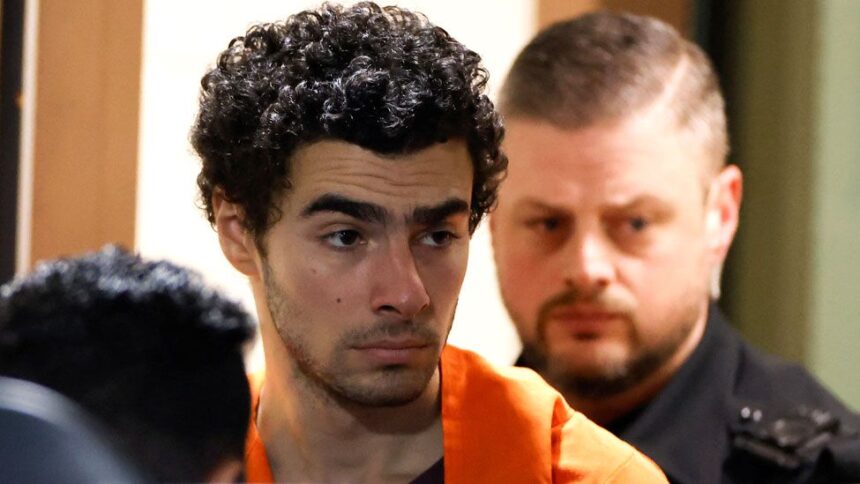The recent indictment of Luigi Mangione for the murder of UnitedHealthcare CEO Brian Thompson has drawn both attention and criticism. Luigi Mangione, 26, has been charged with murder in the first degree and several additional counts, including murder in the second degree, stemming from the fatal shooting on December 4, 2024. Prosecutors have also included charges related to weapons and forgery.
However, some legal experts caution that the first-degree murder charge—which is rare in New York—may be an overreach. Under state law, first-degree murder typically applies in cases involving specific aggravating factors, such as the murder of a law enforcement officer, a judge, or if the crime is part of a murder-for-hire scheme or involves terrorism. Manhattan District Attorney Alvin Bragg and other officials argue that this murder falls under terrorism because of the “frightening, well-planned, targeted” killing and its intended effect on society.
Context of the Killing– Luigi Mangione
Luigi Mangione allegedly targeted Thompson, and after the murder, an outpouring of support for Mangione on social media raised concerns about public reactions. The NYPD and law enforcement officials highlighted the fear and terror caused by the killing, noting a rise in security concerns for corporate executives. Mangione’s actions, they argue, were intended to intimidate a broader population. Rebecca Weiner, deputy commissioner of the NYPD’s Intelligence & Counterterrorism unit, confirmed that the terrorism statute applies to cases like this, where the intent to coerce or intimidate the public is evident.
Challenges to the Terrorism Charge
Despite these claims, legal experts believe the terrorism charge may be difficult to prove. Criminal defense attorney Stacy Schneider questioned the logic behind classifying the murder as terrorism, given the method of the killing—a quiet shooting on a dark sidewalk—and emphasized that the reactions to the crime were unpredictable. Schneider suggested that the prosecution may face challenges in proving that Mangione intended to evoke terror rather than just act on personal grievances.
Further complicating the case is the manifesto allegedly found with Mangione after his arrest, which expresses disdain for the healthcare industry. Although Mangione reportedly wasn’t a client of UnitedHealthcare, the written statement may provide context to his motivations, potentially tying his actions to a broader ideological or social purpose, such as his belief in the need to address corporate greed.
Potential Legal Strategy
The inclusion of terrorism charges may also serve as part of a broader legal strategy to pressure Mangione into accepting a plea deal or compromising on a lesser charge, according to former federal prosecutor Jessica Roth. This could allow prosecutors to secure a conviction on a lesser offense, like second-degree murder, if they are unable to prove the terrorism component.
Public Reaction
The public’s reaction to Luigi Mangione has been divided, with some individuals viewing him as a “folk hero” in a society frustrated with corporate practices. This could influence the jury’s perspective if the case goes to trial. Criminal defense attorney Jeremy Saland warned that such public sentiment could result in backlash against prosecutors for treating the CEO’s murder with the same gravity as a crime against a civilian.
Next Steps
Luigi Mangione’s extradition hearing in Pennsylvania is scheduled for Thursday, where the legal process will continue. If convicted, Mangione faces a life sentence without the possibility of parole. The case is expected to be a high-profile one, with potential implications for how legal systems handle crimes with political or ideological motivations.









